Youth agricultural programming in New York is making a comeback since the COVID-19 pandemic, local programmers say.
Robin Bartholomew, 4-H club coordinator for Cornell Cooperative Extension Onondaga County, said their participation numbers have climbed from 35 kids to 165 currently in the program over the last few years.
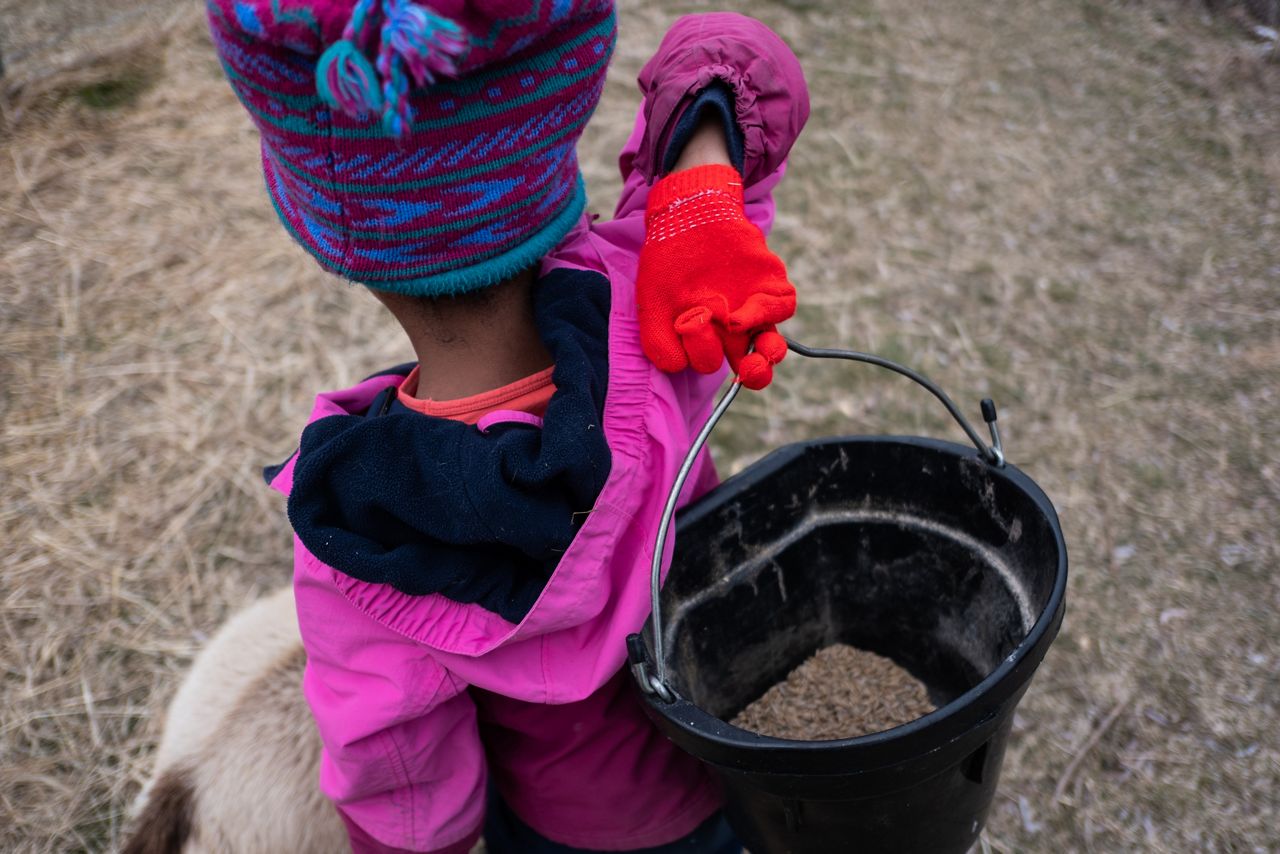
“They had a strong program for a number of years but then the program fell to the wayside and there weren’t as many kids,” Bartholomew said.
When Bartholomew started in the 4-H club coordinator position about four years ago, there were only four clubs in the county and now there are 12. Bartholomew said while they have been able to rebound, some areas of the state are still struggling.
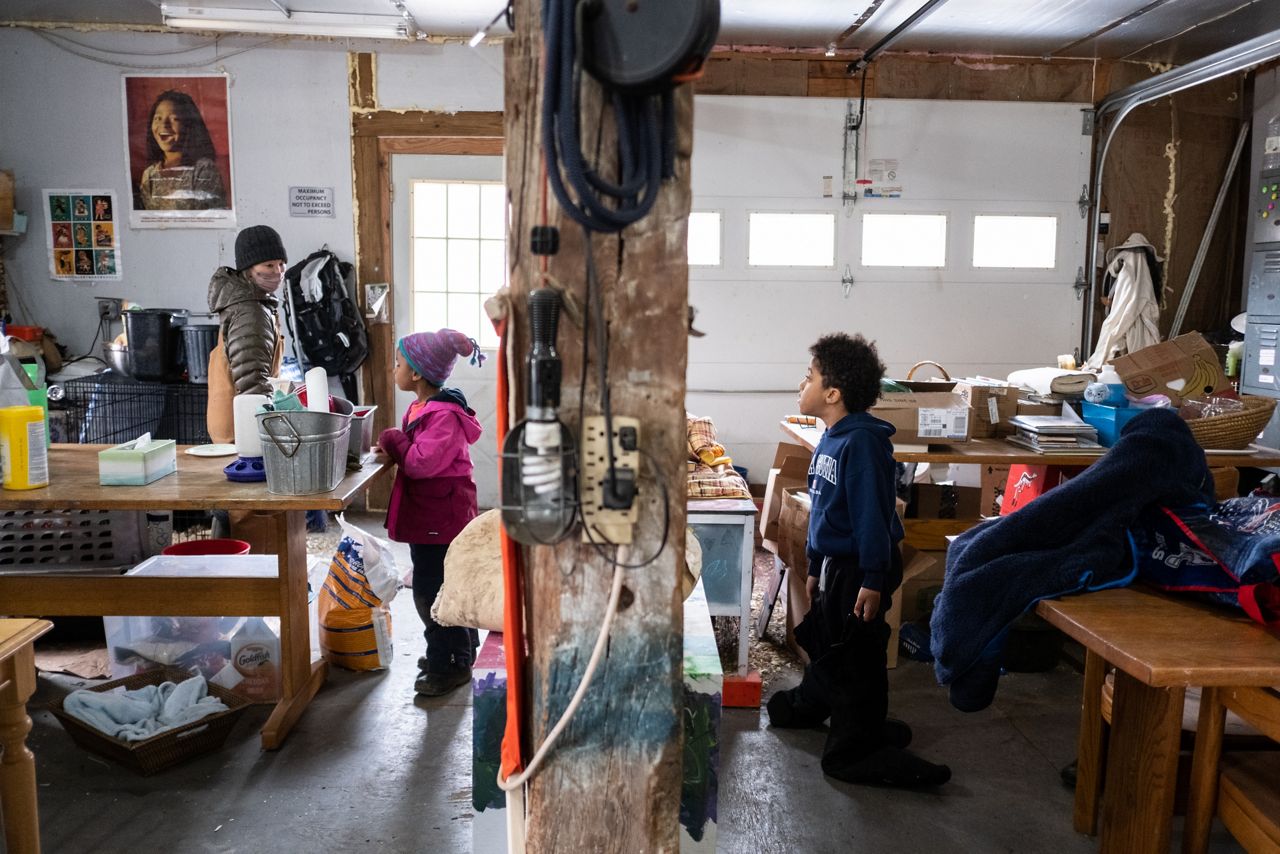
She said they have been trying to grow the program, particularly in city schools.
“It’s still mostly rural area kids, but we do have some from suburban areas,” Bartholomew said. While traditionally many people think of livestock when they think of 4-H, Bartholomew says they offer a variety of different ways to get involved.
“We’re offering more programs towards growing vegetables, flowers, tree farming, hydroponics, we even have a tour planned at a robotic dairy farm,” she said.
4-H helps get kids involved in agriculture, but Bartholomew says it also helps kids develop skills, such as public speaking and putting together a presentation.
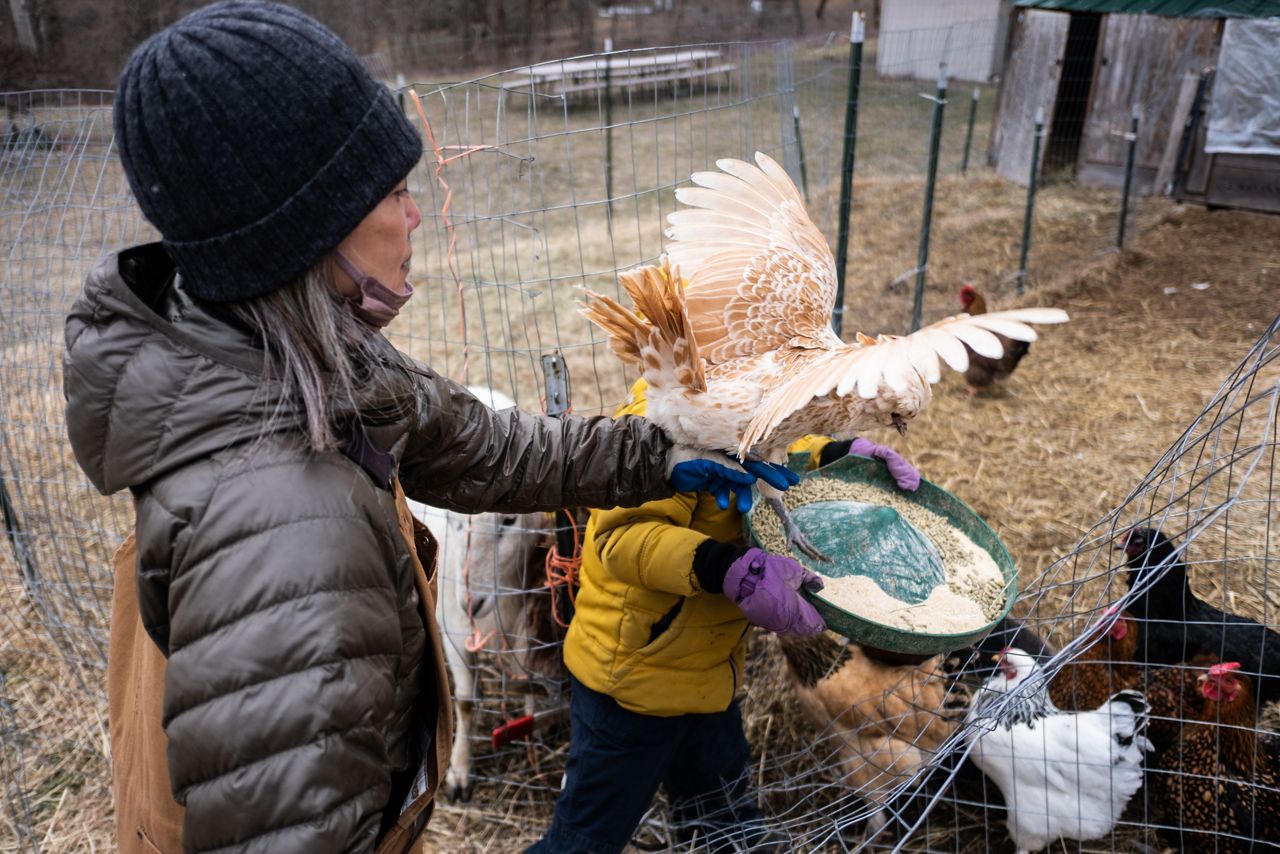
“If you ask any person that’s been in 4-H, generally, they’ll say it was the scariest, but best thing they ever did because they had to be organized,” Bartholomew said.
Christa Nunez, who owns the Learning Farm in Ithaca, said her desire to teach young people about agriculture is rooted in her family’s history. She and her husband, Pete Nunez, purchased the 16 acres where the farm sits about six years ago. They now operate after- school and summer programs for kids to learn about agriculture.
“We lived in California when my first two were born and we had a lot of friends who farmed and seeing them interact with animals, and planting seedlings. I was really inspired by the lifestyle and seeing how my kids really thrived around farm spaces,” Nunez said.
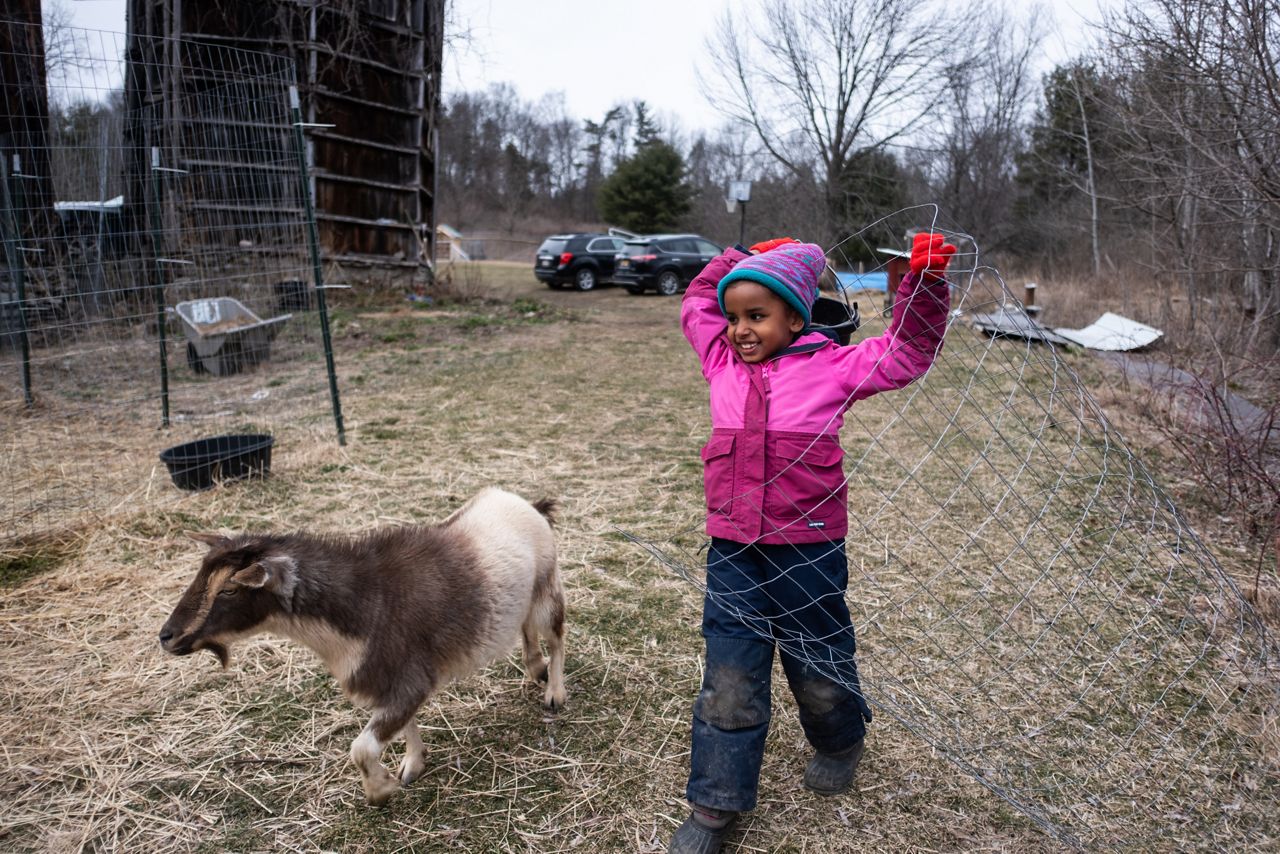
During the winter, their after-school programs have between 10 and 15 kids, but their summer programs attract approximately 30 children per session. The children learn how to care for chickens, sheep and goats, and they learn how to grow food in gardens.
Nunez said they had higher numbers during the pandemic when children weren’t in traditional school, but now their numbers have been consistent. They are currently building an indoor/outdoor kitchen with four restrooms to accommodate more students.
“We'll be certified with the Ithaca City School District to bring students via the bus from all the elementary and middle school buildings here to the farm as opposed to parents dropping them off,” Nunez said.
They believe this will increase the number of children attending the after-school program.
Connection to the land and her ancestry is a particularly important reason as to why Nunez started these programs.
“Being an African American person, I have a strong desire to understand where my people's agriculture practices came from,” Nunez said. “Through research, it was discovered African Americans have a rich history around agriculture.”
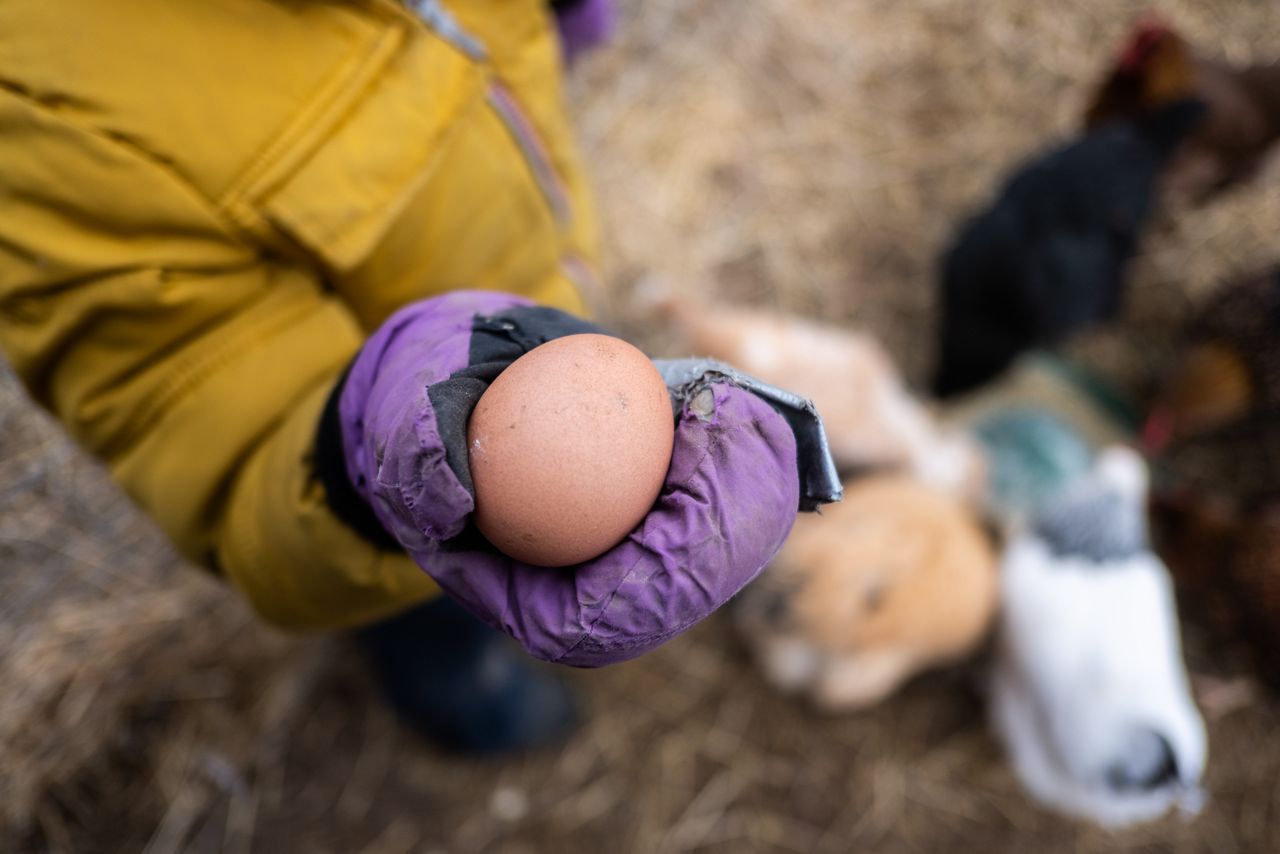
Nunez said her great-grandfather owned farmland in Mississippi, but in the early 1900s, he had to flee the South because of a conflict he had with a co-worker at a small mill where he worked.
“There was a white man that made it a practice of stealing my great-grandfather’s lunch,” Nunez said. “And the story goes, that my great-grandfather approached the man and told him to stop, but the man refused, and my great-grandfather knocked the guy out with one punch.”
Later that evening, they heard from a neighbor that the KKK was coming so he fled to Gary, Ind., Nunez said. It was in Gary where Nunez’s mother grew up and has memories of gardening and producing food for their family.
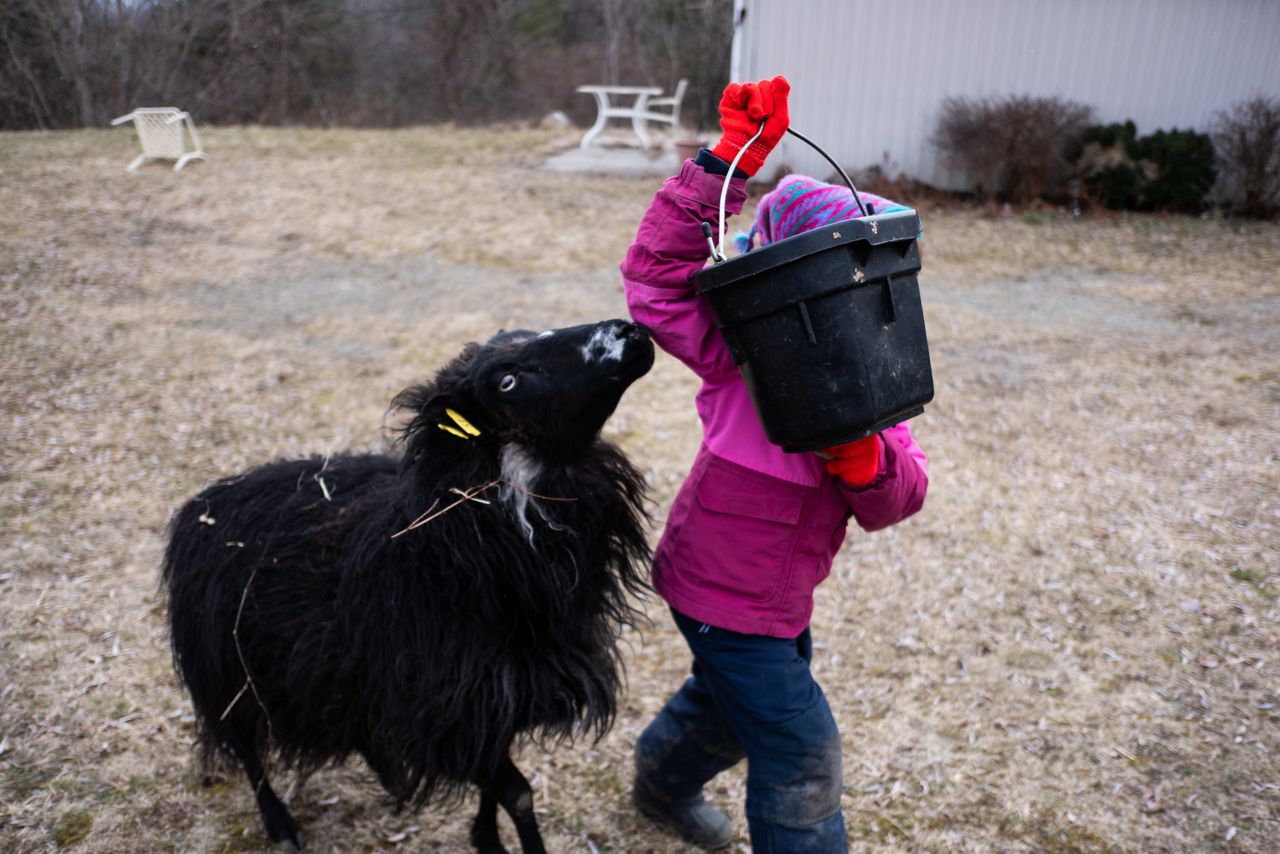
“That information helped me to want to experience it for myself, and also share it with my family and help my kids regain a connection to the land and farming,” Nunez said.
Nunez said she hopes kids can learn where their food comes from by their experiences on the Learning Farm.
“I hope that every child can have an apple tree of their own and I hope no one has to eat McDonald’s or Hot Cheetos for their main sustenance,” Nunez said. “I hope that we can all eat well and enjoy our friendships cross-race in a way that sustains us in an ongoing manner.”



